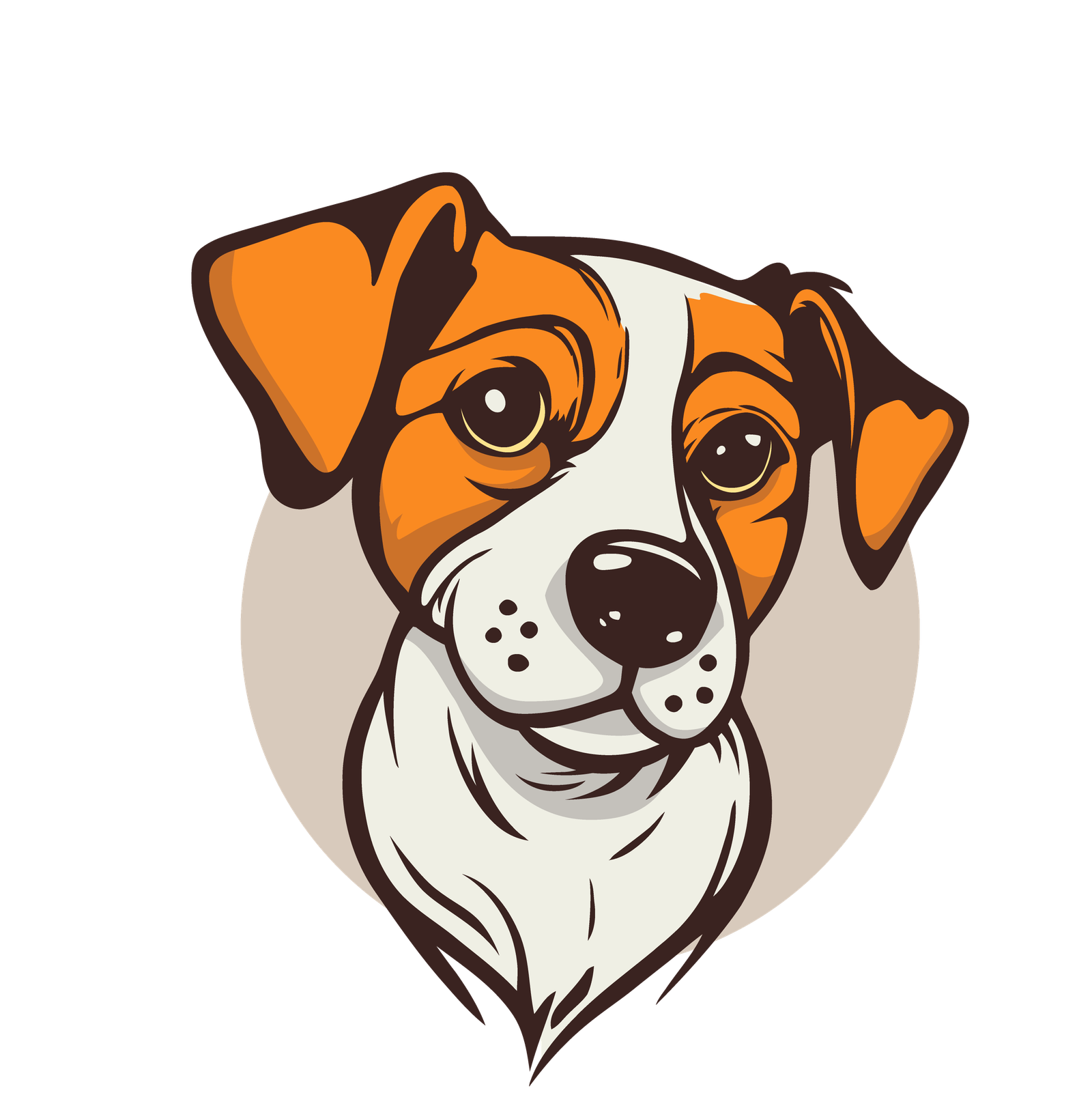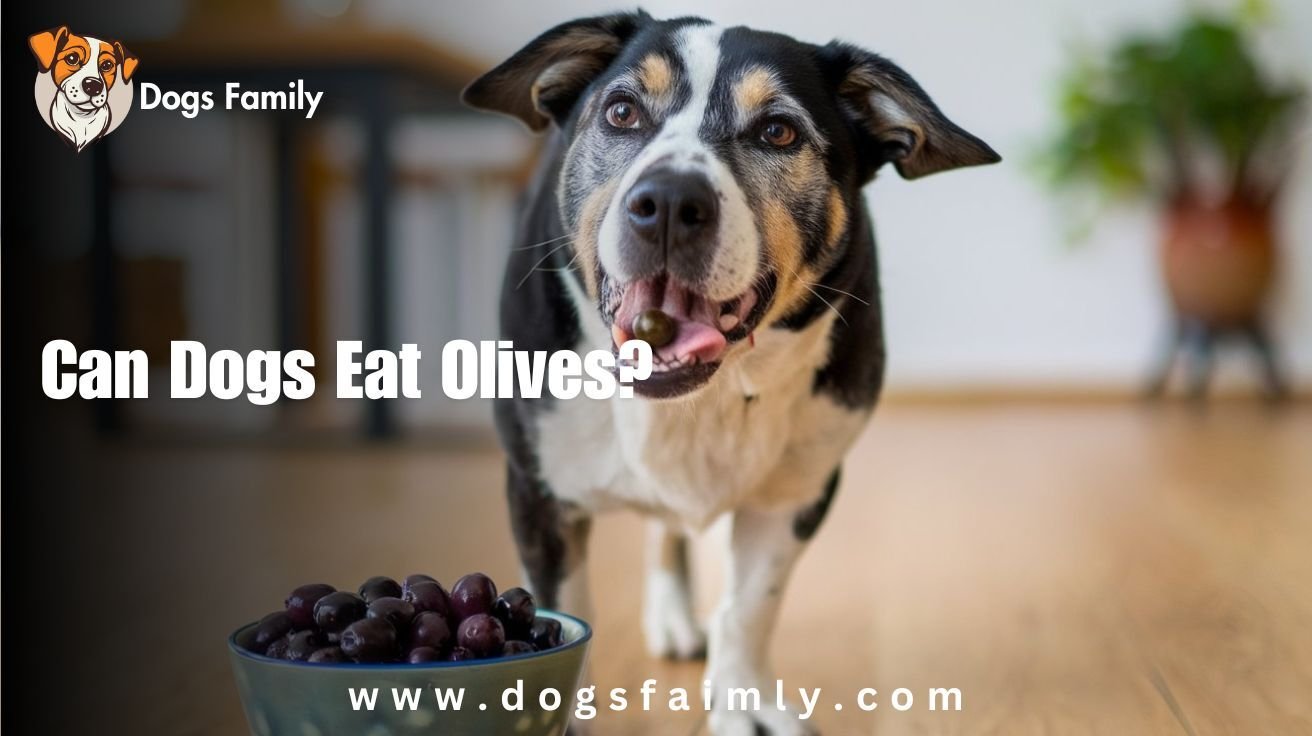As a dog owner, it’s natural to wonder about the foods that are safe for your furry friend. When you’re snacking on some olives, you might ask yourself, can dogs eat olives? While olives are a delicious and healthy treat for humans, is it safe to share this Mediterranean snack with your dog? In this article, we’ll dive deep into the question, explore the benefits and concerns of feeding olives to dogs, and provide a step-by-step guide to ensure your dog’s safety and well-being.
Understanding Olives: A Quick Overview
Before we get into whether dogs can eat olives, let’s take a quick look at what olives are. Olives are small fruits that grow on olive trees. They come in various colors, including green, black, and purple, and are commonly used in cooking, salads, and garnishes. Olives are packed with nutrients like healthy fats, vitamins, and antioxidants that provide health benefits for humans. But what about your dog?
Can Dogs Eat Olives? The Safety Question
So, can dogs eat olives? The short answer is yes, dogs can eat olives in moderation. However, like with any food, there are certain things you should know before offering them to your dog. Olives are generally not toxic to dogs, but there are some considerations to keep in mind to ensure that your pup is safe and healthy. Much like the question, can dogs eat baked beans, the answer isn’t always straightforward. While baked beans aren’t toxic to dogs, they contain ingredients like sugar, salt, and spices that can cause digestive issues. Just as with olives, it’s essential to consider the overall health impact and feed in moderation.
The Benefits of Olives for Dogs
Olives are rich in healthy fats, especially monounsaturated fats, which can be beneficial for your dog in small quantities. Here are a few potential benefits of olives for dogs:
1. Healthy Fats and Skin Health
Olives contain oleic acid, a type of monounsaturated fat that can support your dog’s skin and coat. A healthy coat is a sign of a happy, well-fed dog, and incorporating small amounts of olives into their diet might help with that shiny coat you love to pet.
2. Antioxidants for a Strong Immune System
Olives are also packed with antioxidants like vitamin E, which can help strengthen your dog’s immune system. Antioxidants fight free radicals, preventing cell damage and promoting overall health.
3. Digestive Health
The fiber content in olives may contribute to digestive health. While it’s not a replacement for high-quality dog food, a small piece of olive may help maintain a healthy digestive system by promoting regular bowel movements. However, can dogs eat bacon? Bacon, unlike olives, is high in fat and sodium, which could lead to digestive upset if consumed too often. While bacon may cause a temporary indulgence in your dog, olives offer a safer alternative for occasional digestive support without the added risk of unhealthy fats.
The Concerns: Why Moderation is Key
While olives do have potential benefits, there are some risks associated with feeding them to your dog. It’s essential to consider these before adding olives to your dog’s diet.
1. High Sodium Content
One of the primary concerns when it comes to can dogs eat olives is their high sodium content. Many olives sold in stores are brined or salted, which can be harmful to dogs. If consumed in large amounts, this high sodium content can lead to sodium toxicity in dogs. Symptoms of sodium toxicity include excessive thirst, urination, and potentially more severe health issues such as kidney damage. Therefore, when considering whether can dogs eat olives, it’s essential to ensure that the olives are not salted or brined to avoid these risks.
2. Choking Hazard
Olives have a pit inside that could pose a choking hazard for dogs. Even small breeds can have trouble chewing on large, whole olives, so it’s important to remove the pit or choose pitted olives. Some dogs may even swallow the entire olive, and this can cause gastrointestinal issues or blockages.
3. Digestive Upset
If your dog is not used to eating olives, feeding them too much at once may lead to stomach upset. Symptoms could include diarrhea, vomiting, or bloating. This is especially true for dogs that have sensitive stomachs or are prone to food allergies. Similarly, can dogs eat sweetcorn? While sweetcorn is generally safe for dogs in small quantities, too much can also cause digestive issues like bloating or diarrhea, especially if your dog is not accustomed to it. Always introduce new foods, like olives or sweetcorn, gradually to prevent these problems.
How to Safely Feed Olives to Your Dog
If you decide to offer olives to your dog, it’s important to do so in a safe and controlled manner. Here’s a step-by-step guide to help you feed olives to your dog without causing any harm.
1. Choose Plain Olives
Make sure you choose plain, unseasoned olives. Olives that are salted or flavored (such as with garlic, chili, or herbs) should be avoided, as the added spices and sodium can be harmful to dogs.
2. Remove the Pit
Always remove the pit before giving an olive to your dog. The pit can be a choking hazard and may also cause gastrointestinal issues if swallowed. You can buy pitted olives or carefully pit the olives yourself at home.
3. Start with a Small Amount
Introduce olives gradually into your dog’s diet. Start with just one or two olives and observe how your dog reacts. If there are no adverse effects, you can give them a few more olives occasionally. Remember, moderation is key.
4. Watch for Signs of Digestive Upset
After offering olives to your dog, keep an eye on any signs of digestive upset. If your dog experiences vomiting, diarrhea, or bloating, discontinue feeding olives immediately and consult your vet.
5. Use Olives as a Treat, Not a Meal
Olives should only be given as an occasional treat and not as a regular part of your dog’s diet. Treats should make up no more than 10% of your dog’s daily caloric intake.
Can Dogs Eat Olives? The Bottom Line
So, can dogs eat olives? Yes, but only in moderation and with caution. Olives can offer some health benefits to dogs, including promoting skin health and providing antioxidants. However, the high sodium content and the potential choking hazard of the pit make it essential to be mindful when offering olives to your pet. Always remove the pit, limit the number of olives, and ensure they are unseasoned and plain.
If you want to introduce olives to your dog, start slowly and monitor for any signs of digestive distress. It’s also a good idea to check with your veterinarian before introducing any new food to your dog’s diet, especially if your dog has a history of allergies or sensitivities.
Conclusion:
In conclusion, while can dogs eat olives is a question that many pet owners ask, the answer depends on how you approach feeding olives to your dog. In moderation, olives can be a safe and healthy treat that offers some nutritional benefits. However, always keep an eye on your dog’s overall health and avoid excessive consumption.
As with any new food, it’s best to consult with your vet to ensure that olives are a suitable treat for your specific dog. Every dog is different, and what works for one may not work for another.
By following these guidelines and being cautious, you can confidently enjoy your olives while ensuring that your dog remains happy and healthy.
FAQs
Can dogs eat olives with pits?
No, dogs should not eat olives with pits. The pit can be a choking hazard and may cause gastrointestinal problems if swallowed, so always remove the pit before offering them to your dog.
How many olives can I give my dog?
Limit the number of olives you give your dog to one or two at a time. Excessive consumption can lead to digestive upset due to their high fat and sodium content.
Final Words
Feel free to consult with your veterinarian before making any significant changes to your dog’s diet. If you’re looking for safe and healthy treats for your dog, there are plenty of options out there, so you can give them something nutritious without the concerns of olives.ed olive snack options for dogs! Your pup will thank you with tail wags and cuddles!

